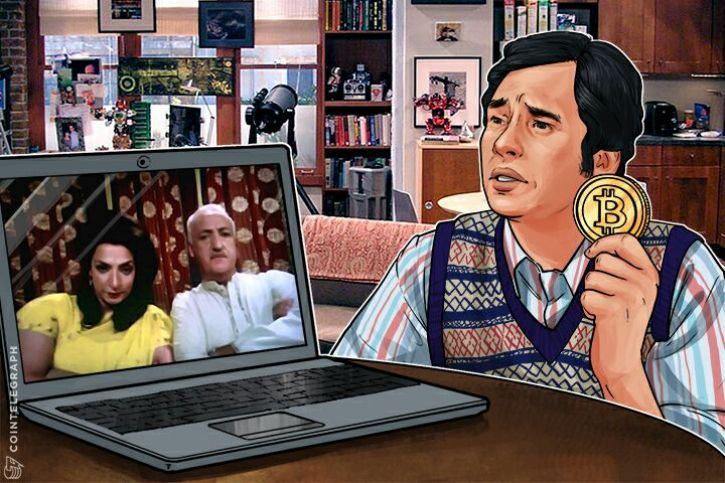An Indian minister, while replying to a question in writing in the upper house of the Indian Parliament - The Rajya Sabha - has said that the use of Bitcoin in India is not authorized by the Reserve Bank of India (RBI) and could potentially land users on the wrong side of the anti-money laundering provisions present in the Indian law.
Minister declares Bitcoin to be illegal
The Minister of State for Finance, Arjun Ram Meghwal, has filed a written reply to a question in the Parliament according to India’s The Hindu newspaper:
“The absence of counter parties in usage of virtual currencies, including Bitcoins, for illicit and illegal activities in anonymous/pseudonymous systems could subject the users to unintentional breaches of anti-money laundering and combating the financing of terrorism laws.”
Absence of sanction from monetary authorities
One of the reasons that the Indian government is terming Bitcoin illegal is that it has no approved sanction from any central bank or monetary authority.
The minister, in his reply to the Parliament, further said, as reported by The Hindu: “No regulatory approval, registration or authorisation is stated to have been obtained by the entities concerned for carrying on such activities.”
Is the government rattled by its botched up demonetization?
It should be kept in mind that the Indian government carried out a botched up demonetization that wiped out 86 percent of the Indian currency in circulation in November 2016. The aftermath of the demonetization was disastrous and people were left standing outside of cash machines for weeks.
In the wake of this demonetization process, the interest in Bitcoin in India rose considerably. According to India Today, the user base of Bitcoin in India has expanded 250 percent since November 2016.
The Indian media has been casting aspersions on the use of Bitcoin for laundering so-called black money and there are people in India who believe that cryptocurrencies pose some sort of threat to the country.


